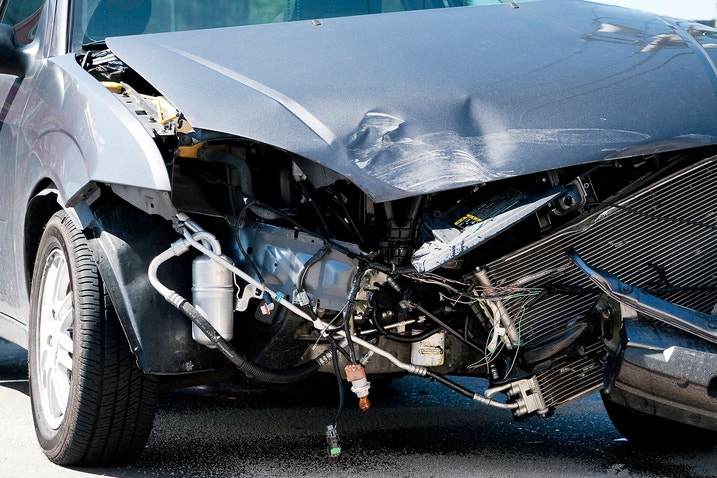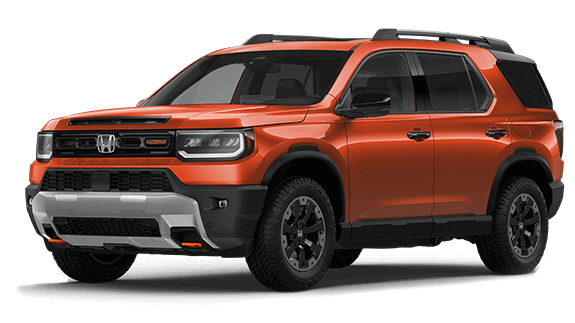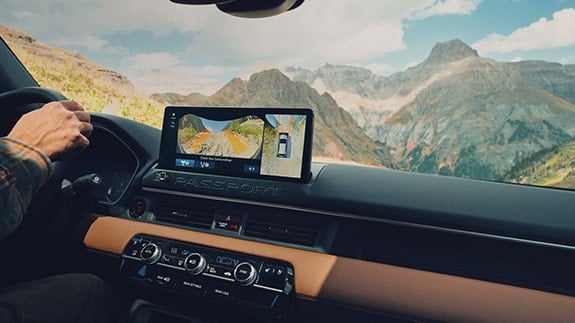Carfax is the most well-known provider of vehicle history reports. It dates back to the late 1980s when it faxed reports to its customers. It is also the most expensive. A single Carfax report costs $44.99. Three will cost you $64.99, and five sell for $99.99.
The Carfax report is the benchmark for all other vehicle history reports. If a vehicle has had multiple owners, the information is clearly labeled and organized in different sections. Carfax also has more detailed maintenance records, which provide information regarding any issues a vehicle might have had. It's also an indicator that a prior owner took good care of the vehicle.
We ran a report on a 2014 Porsche Boxster that spent most of its life in Florida. Carfax had 15 service records dating back to 2014, whereas AutoCheck only had three service records occurring in 2024. Maintenance history is especially important when looking to purchase a performance vehicle such as a Porsche. The same report noted five owners for the Boxster, compared to three on AutoCheck. The difference was that Carfax counted dealerships that took possession of the car between owners, whereas AutoCheck only counted the owners who purchased the vehicle.
Our opinion: Carfax is pricey but worth it, given its detailed and user-friendly reports. For many, a clean Carfax report is the first step in getting a good used car.
AutoCheck is owned by Experian, the credit reporting company. Similar to how Experian issues credit scores, AutoCheck is notable for providing a vehicle "score" — a number and a range — such as 85 out of a range of 70 to 90. The company says that this score represents the predicted likelihood that it will be on the road in five years. It is meant to be a quick way to identify and eliminate vehicles that might have issues, ranging from high mileage to reported accidents.
We ran the VIN of a 2017 Honda Accord with a salvage title. AutoCheck had records of two accidents, including when the insurance reported it as a total loss. The Carfax report not only had both of those accidents but also contained information regarding damage to the front of the vehicle that occurred in November 2024. We ran the report in early December 2024. At this time, the last reported incident for this Accord on AutoCheck was from July 2022. It's possible the 2024 incident might appear on AutoCheck eventually, but Carfax does seem to get its data quicker.
AutoCheck charges $29.99 for a single report. However, few people consider only one used car when they're shopping, so you'd likely opt for the higher-tier plan at $49.99, which gives you access to five reports in 21 days.
Our opinion: AutoCheck isn't quite as good as Carfax. That said, AutoCheck is still worth a look, as it provides a better value. It costs half as much for multiple reports ($50 for five vehicle history reports versus $100 for five Carfax reports). The vehicle score is nice as a quick reference, but don't put too much stock in it.
Bumper is a newer service with a subscription model. It costs $1 for a seven-day trial, during which time you can run up to 50 reports. Then you'll be charged $24.99 per month. The company's data comes from the National Motor Vehicle Title Information System, but the way it presented this data is unusual and less comprehensive than Carfax and AutoCheck. For example, remember the 2017 Accord with the three accidents reported on Carfax? On Bumper, the report summary listed seven accidents. When we clicked on that icon, it took us to a map of the U.S. and said "0 Accidents Reported." The next section said "0 Damage Reports." It turns out that the 7 "accidents" were seven instances when the vehicle was listed as a "salvage title," but even those were not accurate since a few of those were duplicate entries. None of the information helped us identify where the damage occurred on the vehicle, as the reports from the major brands did.
Our opinion: Bumper's user interface is slick and more intuitive than either Carfax or AutoCheck. It certainly represents a bargain with its dollar trial period and ability to run 50 reports, but what good are those reports if you don't get the same level of detail as you would with Autocheck or Carfax?
The title information in the NMVTIS comes from participating state motor vehicle registries. Run by the federal Department of Justice, the system is the only one that's publicly available in the U.S. to which all insurance carriers, auto recyclers, junkyards, and salvage yards must, by law, report to on a regular basis. The NMVTIS web page has a list of third-party companies that provide history reports. The prices range from free to about $20. It's a less expensive alternative, but based on our experience, you get what you pay for.
You won't find any fancy scores or detailed entries in these history reports. We tried out a couple of the NMVTIS vehicle history reports with our test VINs and came away largely disappointed. Neither the free nor the paid reports told us anything beyond whether the vehicle had a branded title and how often it was issued a title, presumably to a new owner. These reports do little to flesh out the actual backstory of a car.
Our opinion: We recommend using this resource only to determine if your potential car has a branded title. Even then, it is best used as a secondary check. Save your money for a report from AutoCheck or Carfax instead.
The reports from the biggest players, AutoCheck and Carfax, are expensive, ranging from $30 for one report up to $100 for four. And if you're shopping for a used car on the private-party market, you'll likely be paying for the reports yourself. Shopping at a car dealership is a different story. Most major used car dealers and some car-selling sites will provide a free Carfax report or AutoCheck report. You can find many of these vehicles on the Edmunds used car inventory page or on dealership websites.
If you find yourself on a used car lot and want to know the history of a particular vehicle, ask for a report. All dealers have vehicle history report subscriptions, usually with AutoCheck or Carfax, and will run a free report for interested buyers. This report becomes a valuable source of third-party information. If the dealer refuses to run a vehicle history report or provides an outdated report, it's a possible red flag.
No matter whether you're shopping for vehicles from private sellers or at a dealership, it's good to know what you'll get — and what you won't — in these reports.
A vehicle history report isn't going to guarantee you're getting a good used car. A mechanical inspection is still a good idea. And if you suspect structural or frame damage, a body shop visit could save you from an expensive mistake. However, running a report is a valuable first step that will save you time and money. It could also protect you from buying a car with a checkered past.



 by
by .jpg) edited by
edited by 
